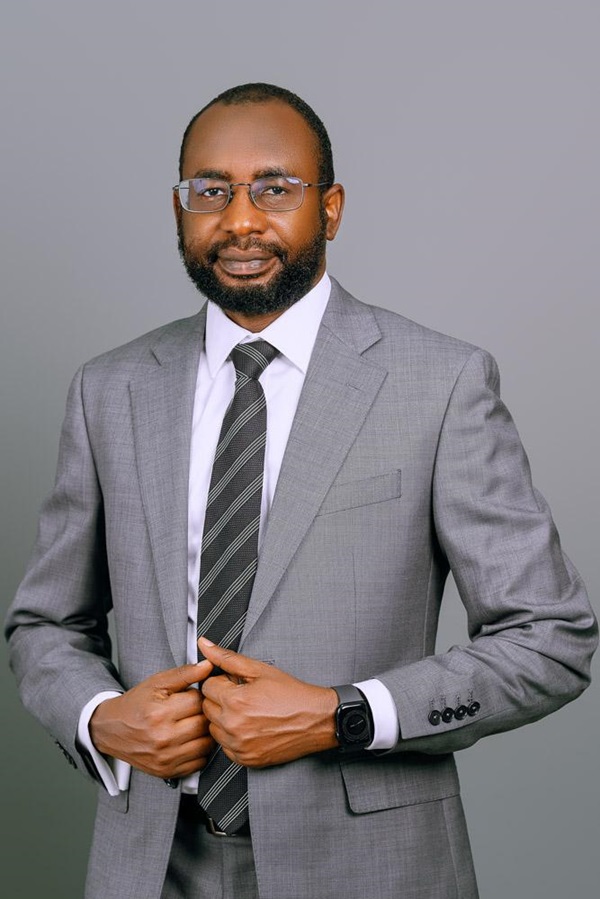
The director-general of the National Information Technology Development Agency (NITDA), Mallam Kashifu Abdullahi has emphasised the need to view technology as a neutral tool capable of propelling Nigeria’s socio-economic development.
Speaking during a virtual panel session titled “Culture and Innovation: The Changing Landscape and Technoculture,” Abdullahi highlighted the importance of harnessing technology to strike a balance between preserving cultural heritage and driving economic growth.
The event, organised by the Federal Ministry of Arts, Culture, and the Creative Economy in collaboration with the Nigerian Economic Summit Group (NESG) and UNESCO, provided a valuable platform for stakeholders to deliberate on the transformative role of technology in shaping both cultural and economic landscapes.
Abdullahi, who was represented by the acting director of regulation and compliance, Barrister Emmanuel Edet underscored that technology is fundamentally neutral – it is neither inherently good nor bad. Instead, its impact depends entirely on the intentions and strategies behind its deployment. He called for the establishment of robust policies and the fostering of meaningful collaborations to ensure that technological advancements align with Nigeria’s cultural values and developmental aspirations.
As cultures and economies across the globe are increasingly shaped by digital innovation, Abdullahi pointed to creative tools such as Figma, Canva and CorelDRAW. These platforms, powered by Artificial Intelligence (AI), are designed to improve user experience and enhance creativity. He stressed the urgent need to equip Nigerians with the digital skills necessary to harness these tools effectively for national economic progress.
“To this end, NITDA has set up digital learning centres across the country, providing training in emerging technologies,” he noted. “Our National Centre for Artificial Intelligence and Robotics (NCAIR) is also playing a critical role by running capacity-building programmes and establishing tech hubs to boost productivity and skills development.”
Furthermore, Abdullahi announced Nigeria’s National Artificial Intelligence Strategy, an ambitious framework designed to position the country as a leader in AI adoption. The strategy emphasises intellectual property protection, prioritises efficiency and innovation across vital sectors and aims to ensure that social inclusion and sustainable development remain at the forefront.
He also highlighted NITDA’s commitment to digital security and intellectual property rights, which led to the introduction of a National Blockchain Policy. This policy supports Nigeria’s burgeoning creative industries by enabling artists, musicians, and filmmakers to tokenise their work, providing proof of ownership and helping to curb copyright infringements.
“Technology is simply a tool – it all depends on how we choose to use it,” Inuwa remarked. “Our goal is to build an ecosystem where technology catalyses both economic advancement and creative industry growth.”
Speaking at the event, the director overseeing the Office of the Permanent Secretary at the Ministry of Arts, Culture and the Creative Economy, Mr. Ibrahim Suleiman described the session as a timely opportunity for stakeholders to chart Nigeria’s path towards future prosperity.
With active participation from government officials, industry experts, and thought leaders, discussions centered on overcoming challenges and seizing opportunities within Nigeria’s arts, culture, and creative economy sectors. Topics included leveraging technological progress, fostering innovation, and designing policies that would boost Nigeria’s competitiveness on the global stage.
As technology continues to reshape the creative landscape, the summit underscored the role of digital tools, artificial intelligence and blockchain in preserving cultural heritage, empowering citizens economically, and generating employment. It is expected that actionable outcomes from this dialogue will help define the future of Nigeria’s creative and cultural industries, positioning them as vital drivers of national development.


